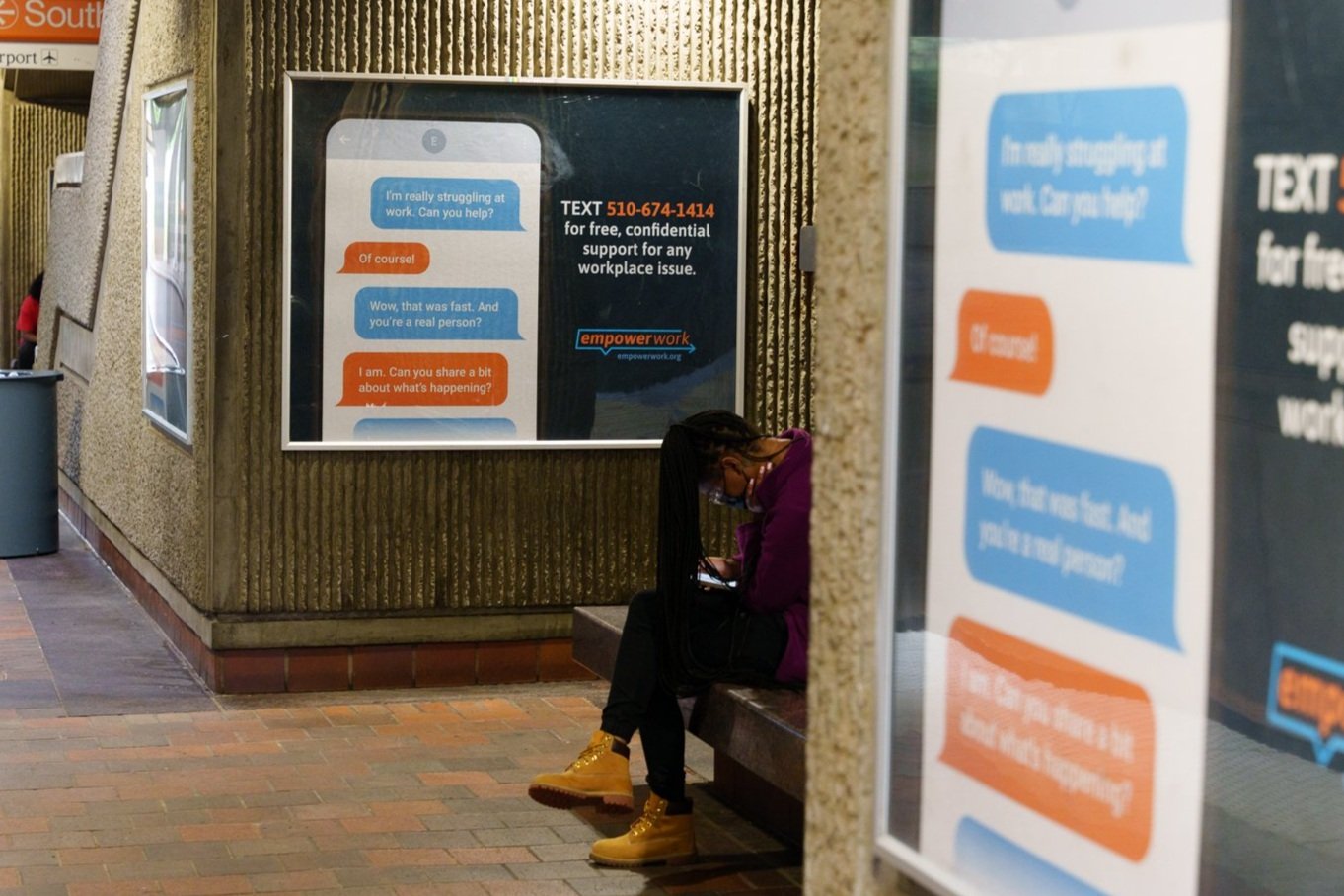How do I prepare to leave a job I hate?
Feeling stuck at a job you hate? Maybe you want to quit, but can’t afford to. Or the thought of a long and challenging job hunting process is holding you back. Or maybe you’ve looked at other job possibilities out there, but you’re afraid that you don’t have the relevant experience or skills on your resume.
Whatever the reason is for why you hate your job, you may be wondering how to prepare to leave that job.
I hate my job, but I can’t afford to quit. What now?
It’s common to feel stuck at a job because of financial needs.
“I really need the money and I have a lot invested in the job [...] I feel stuck, because I have a chance to advance at work and possibly get a raise, but I feel like I'll always be treated less than others at work,” an Empower Work user shared.
There are many financial questions you should ask yourself before quitting your job. For instance, what will your monthly expenses look like? How will you pay your bills? How long do you expect to be out of a job? Do you have a job lined up? Where will you get health insurance?
The most efficient way to afford to quit a job you hate would be to cut expenses, reduce your debts and save up. This way, you can have a goal to work towards and you can feel comfortable while working on that goal. Reducing your outgoing costs and expenses may allow you to quit sooner than you think.
I want to quit, but I hate job hunting.
Do you want to quit your job, but the thought of a long and challenging job hunting process is holding you back?
“This workplace has been so toxic since I've been around, and I want to leave but I hate the process of job hunting. I feel like I'm in a corner with no way out. I can't just quit, though it would be a healthy respite for my mental health and stress,” an Empower Work user shared.
A big reason as to why people dislike job hunting while being unemployed is because they have other stressful factors to worry about such as not having a steady income. Many people quit their jobs before finding a new one, without considering the risks.
Finding a new job before quitting and having opportunities lined up will take away the stress and time of a long and challenging job hunting process. Landing a job prior to quitting can also prevent potential risks of experience gaps on your resume, losing income and benefits, or missing out on potential missed opportunities like a raise or promotion at your current place of employment.
I want to enter a different career path, but I don’t have relevant experience.
Are you wanting to enter a different career path, but you’re afraid to take a chance because you don’t have the experience on your resume? Now might be the chance to look at your current job that you hate as a blessing in disguise—you have an income, no employment gaps, and more time to gain experience in your desired field by taking courses or doing research.
An Empower Work user shared, “If I were to quit now, I would lose income as I wouldn’t be paid for the remainder of the year, this would make me more worried about my finances and job security. [...] If I do it five weeks from now, I may have much more time to look for new work and to build my skills for a different career path.”
Instead of looking at your current job situation as a negative, it may be helpful to turn it into a learning opportunity. Take note of what you do like and don’t like about your job. This will help you find a job that’s the right fit for you in the future.
It’s important to remember that all jobs are temporary in the end, even if you feel stuck at a job with no way out. Feeling trapped at a job is tough, but the hope is to gain your control back by saving up, taking the time to find a new job before quitting, and building your skill set and resume.
*Note: Empower Work provides non-legal support for workplace challenges. This information, while authoritative, is not legal advice or guaranteed for legality. Employment laws and regulations vary by state. We recommend consulting with state resources for specific interpretation and decisions. If you believe you were discriminated against in violation of the law, we recommend you seek legal advice.

